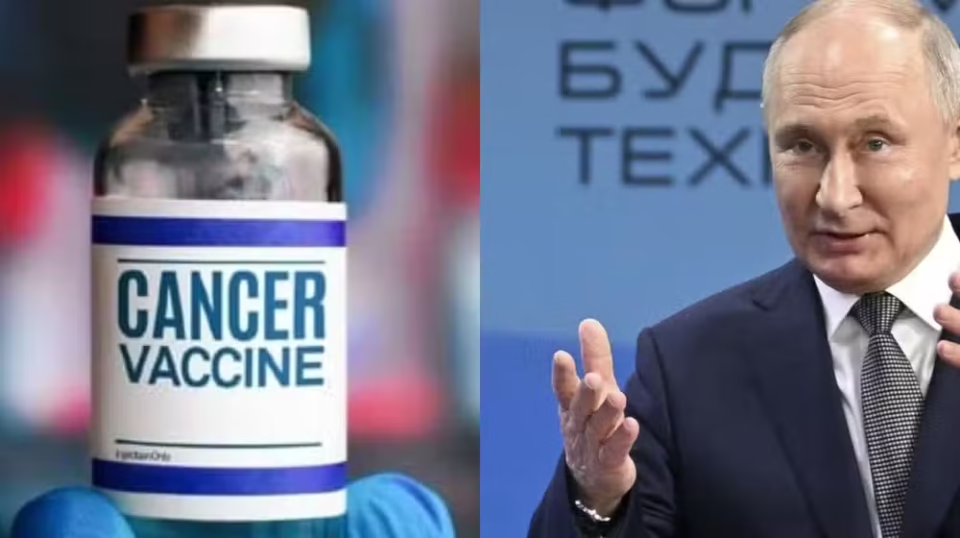Russia Unveils Enteromix: First mRNA-Based Cancer Vaccine
Russia has announced the development of Enteromix, the world’s first cancer vaccine created using mRNA technology. Early trial results show highly promising outcomes, raising hopes for millions of patients worldwide.
Clinical Trial Success
According to researchers, Enteromix has already entered early clinical use at selected oncology centers in Russia. While awaiting final approval from the Ministry of Health, the vaccine has so far demonstrated strong effectiveness and no major side effects.
Unlike chemotherapy and radiation—which often lead to fatigue, nausea, or hair loss—the new vaccine appears to be well-tolerated, offering a gentler alternative for patients.
How the Vaccine Works
Enteromix uses the same mRNA platform that was applied in several COVID-19 vaccines. This method teaches the immune system to recognize proteins similar to those found on cancer cells, enabling it to target and destroy tumors more precisely.
Because it selectively attacks cancer cells while sparing healthy tissue, the treatment may improve both patient safety and quality of life.
Easy Administration
The vaccine is given through a standard intramuscular injection, making it far less invasive compared to traditional therapies. It was jointly developed by the National Medical Research Radiological Centre and the Engelhardt Institute of Molecular Biology (EIMB) in Russia.
Who Could Benefit?
Experts believe Enteromix could be useful for a wide range of cancers, including:
-
Lung cancer
-
Breast cancer
-
Colorectal cancer
-
Pancreatic cancer
It may also support patients with hereditary cancer syndromes or tumors resistant to chemotherapy.
Looking Ahead
If granted final approval, Enteromix could mark the beginning of a new era in cancer care, moving away from one-size-fits-all treatments toward more targeted and personalized therapies.
Medical professionals around the world are closely watching its progress, as it could open the door to safer, more effective cancer solutions in the near future.

